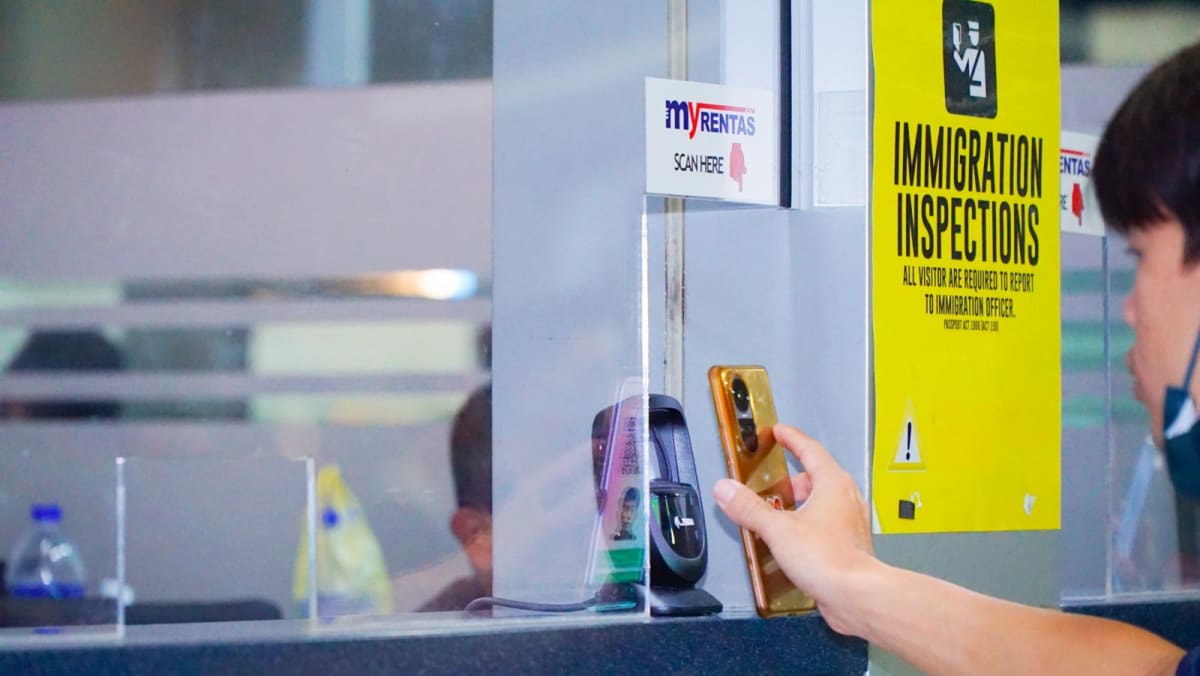OCBC’s head of wholesale banking Jeffrey Teoh told reporters that the team of advisors include bankers who have assisted companies who have set up operations in Johor.
“It’s about helping our customers who are keen to expand overseas … and help them achieve success wherever they go,” said Mr Teoh.
The bank said that for a start, it will have two teams that will comprise of 25 bankers that will provide advisory services to help SMEs start and grow their businesses, as well as connect them to suitable partners in the SEZ.
WILL TRUMP’S TARIFFS HAMPER THE SEZ?
In spite of the increased interest in the upcoming SEZ, there are also concerns among some companies on how the ongoing trade war between United States and China could hamper the zone’s prospects.
US president-elect Donald Trump has pledged to impose harsher tariffs on China products, and these could be extended to Southeast Asian countries like Vietnam, Thailand and Cambodia, Malaysia.
These four Southeast Asian states are among those that have gained from the China Plus One strategy by companies to diversify their supply chains to avoid US tariffs on goods from China.
Hence, economists have raised questions whether Chinese companies would continue to invest in Malaysia, including in Johor.
During a press conference on Wednesday, OCBC senior Association of Southeast Asian Nations (ASEAN) economist Lavanya Venkateswaran told reporters that from a macro perspective, Malaysia’s growth could be hampered by between 0.7 and 1.4 percentage points if the tariffs are extended to Southeast Asian countries.
“And since Johor follows the national average, there will be a watered down impact,” added Venkateswaran.
Hui, who heads manufacturing firm Tianma Precision Machinery, told CNA that while tariffs are a negative for companies, it is not the sole factor that drives decisions on whether Chinese firms would expand into Malaysia.
“Tariffs are bad – for our customers and the company. It leaves us on the edge, and with a new (US) leader coming in, we’re not sure.
“But we think Malaysia is a good place for our firm … with its hard infrastructure like land and electricity and soft infrastructure, like how close it is to Chinese culture in terms of language and food,” he added.
Lee, the Johor state government representative, told reporters that while the US-China trade war and the prospect of tariffs are external factors beyond Malaysia’s control, he stressed that Johor could be a net-beneficiary in the short term.
“We have ready and complete legal, financial and logistical infrastructure (especially with the SEZ) …. As far as Johor is concerned, we have seen interest from Chia companies in the semiconductor industry as well as chemicals and E&E (electrical and electronics products),” he said.
